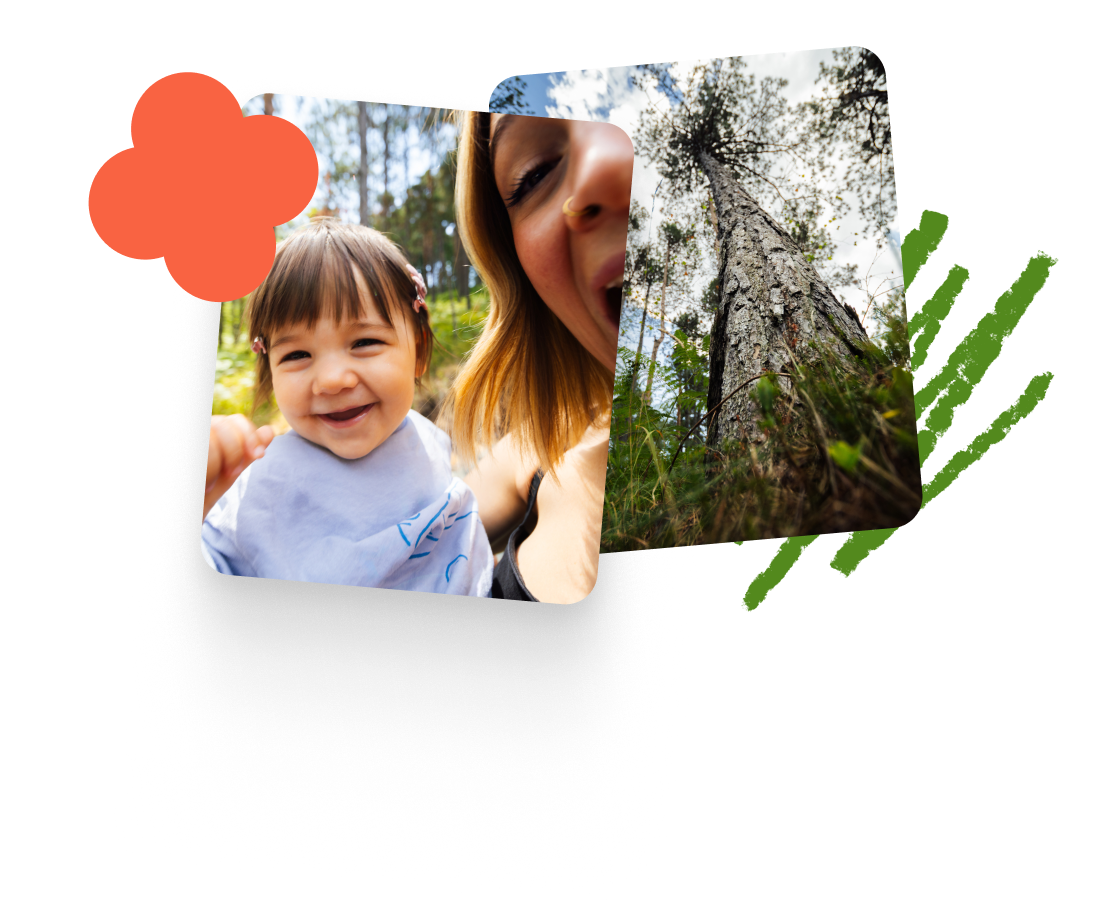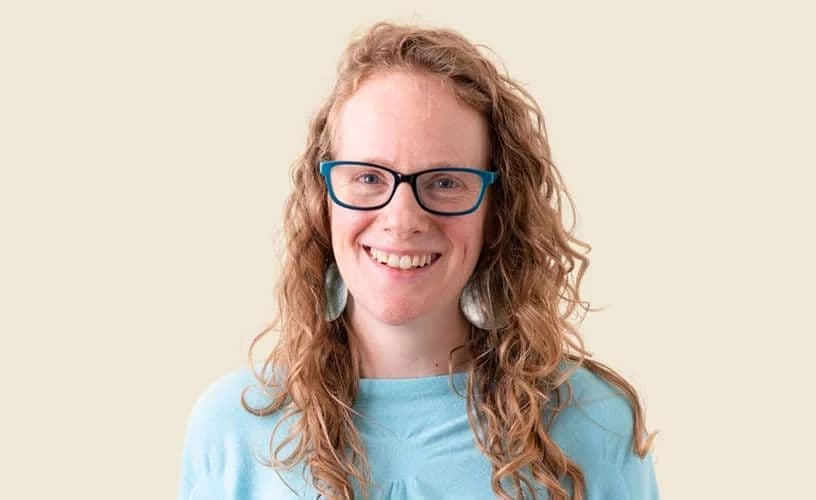
is now part of
Joy Parenting Club!
Families and care organisations using Heba will now have the option to also join Joy. For any questions, reach out to us at hello@heba.care

Families and care organisations using Heba will now have the option to also join Joy. For any questions, reach out to us at hello@heba.care

April 28, 2024
We ask a neurodiversity advocate to set the record straight.
Let’s start with just a smidge of etymology. It’s largely believed that the word “neurodiversity” made its first appearance in the 90s, by way of autisic, Australian sociologist Judy Singer, who sought to move away from binaries like normal or abnormal, right or wrong, good or bad ways of having a brain. All of our brains are different – and “neurodiversity” recognises that this natural variation is part of being human.
Since then, as 60 million Google results in less than 30 seconds will attest, it’s really caught on.
While “neurodiversity” was designed to describe the different ways that all human brains work, it’s largely used in conversations around the likes of autism, ADHD and learning disabilities. As are its offshoots, including “neurodivergent” – a term introduced by American autism rights activist Kassiane Asasumasu – and “neurodivergence.” Here is where things can get confusing.
How do we use these terms correctly? Enter Jess Meredith, a proud ADHDer, parent of neurodiverse children and founder of Differing Minds, a social enterprise dedicated to neurodiversity advocacy.
“Good question about the language,” says Jess, who starts off by clarifying that neurodivergent and neurodivergence do have different meanings.
“Neurodivergent is how you would describe a person. I am neurodivergent because I am an ADHDer. My daughter is neurodivergent because she is autistic. Neurodivergence is the noun that describes this divergence from the most typical and prevalent neurotype. ”
In saying that, as Jess points out, there’s debate around whether “neurodivergent” is the right term to use when describing those whose brains aren’t neurotypical. “And there’s no one answer,” says Jess.
“Whenever I’m doing any talking around it or writing around this, I always say that ‘neurodivergent’ is what I prefer to use, but it’s not what everybody prefers to use. Some people will use neurodiverse, neuro-distinct, neuro-different, neuro-spicy, neuro-sparkly… I mean, honestly, the list is ever-growing.”
When speaking with or about a particular individual, Jess advises finding out that person’s preferred language and mirroring that back to them. As a general rule, in general writing and speaking, she recommends using neurodivergent – “because that’s what the majority of the community use.”
To sum it all up:
neurodiversity includes us all and describes the diversity of our brains.
neurodivergent describes those whose brains are more different than the majority of the population, in terms of how we see things and experience the world.
And neurodivergence is the noun that describes diverging from the most common neurotype.
Want to learn more about neurodiversity and language? Visit the Differing Minds community.